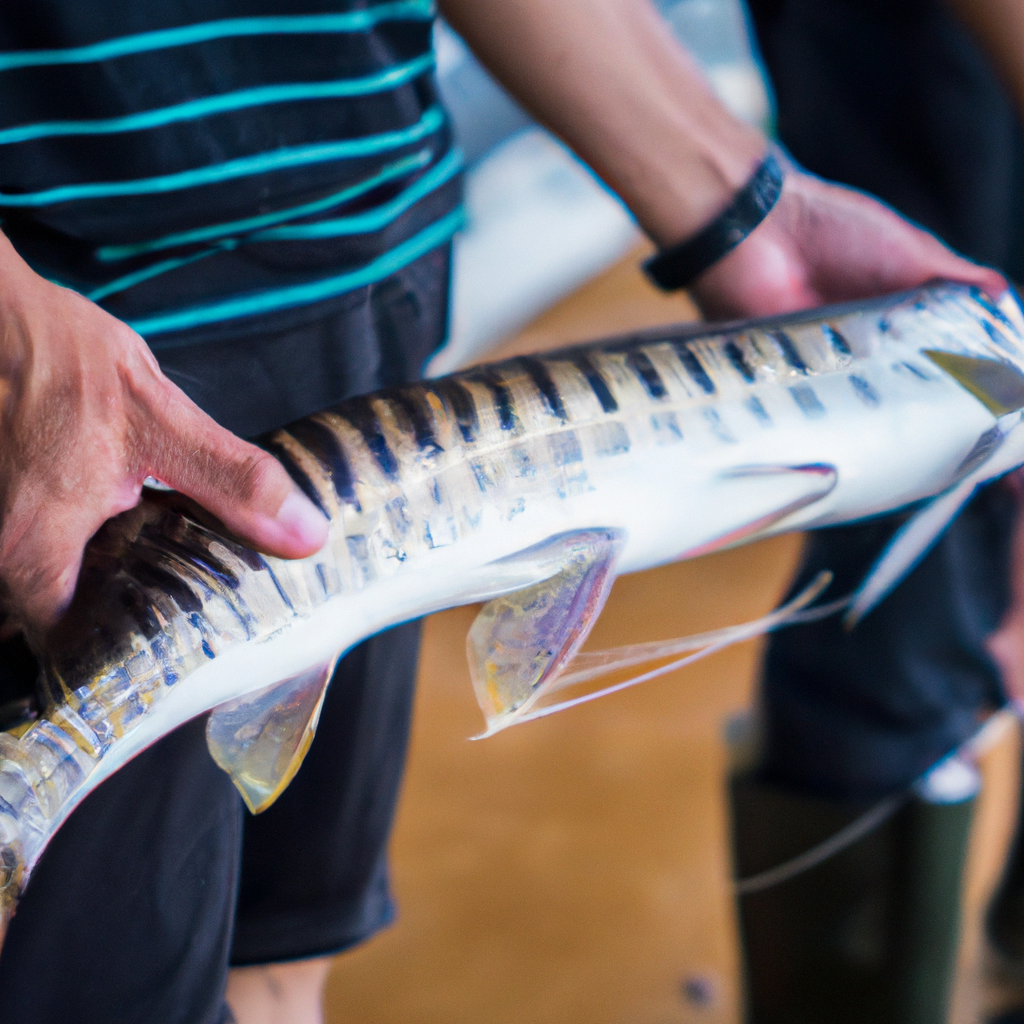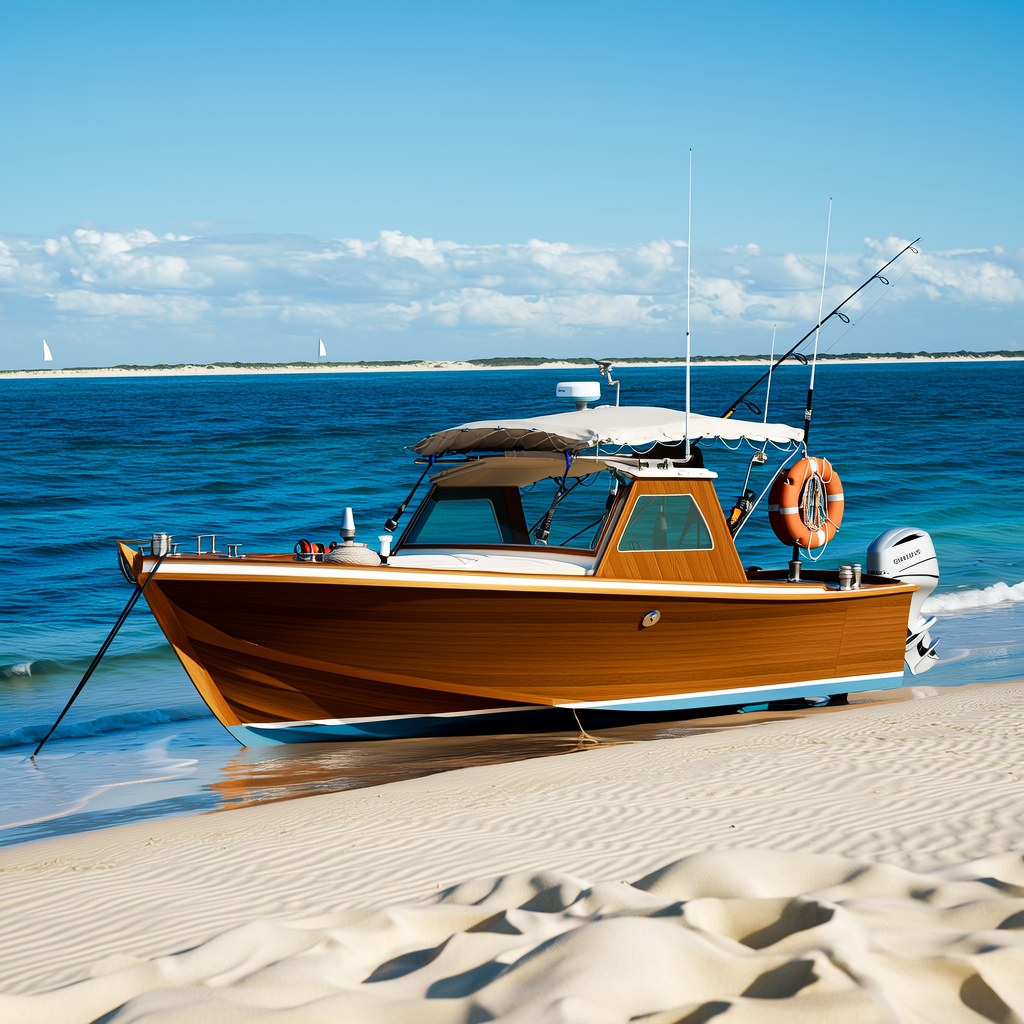Many people wonder whether a fishing licence is required when it comes to catch and release. Anglers often practice catch and release, which involves releasing fish back into the water without harming them. In this article we will examine whether or not a license is required for catch and release.
Understanding Catch and Release
The catch and release technique allows anglers the opportunity to enjoy their favorite pastime without causing harm to fish populations. The idea behind catch-and-release is simple: give the fish a shot at survival and reproduction. By returning the fish to the water, anglers help maintain healthy populations of fish for future generations.
The Importance Of Fishing Regulations
To ensure sustainable fishing, governing bodies implement fishing regulations. These regulations may include rules about size restrictions, catch limits, and licensing requirements. Although catch and release is often viewed as a conservationist practice, in many jurisdictions a fishing license is required regardless of whether or not the fish are released.
Requirements for fishing licenses
In most places, you need a fishing permit to keep fish or catch and release. The fishing license’s purpose is to generate income for fisheries, conservation, and habitat restoration. The fees collected through fishing licenses are used to fund programs that benefit fish and their habitats.
The Benefits of Owning a Fishing License
A fishing license is not just a legal requirement, but it also has several benefits. A fishing license is a sign of your commitment to conservation and responsible fishing. A fishing license also gives you access to fishing grounds and allows you to enjoy the hobby without worrying about breaking the law.
Exceptions to the License Requirement
Some jurisdictions may make exceptions to the general rule that a fishing license is required for catch-and-release. In some states, certain groups of people such as children or senior citizens may not need a fishing permit. Some areas may also waive fishing license requirements on certain days or weekends to encourage fishing.
Checking Local Fishing Regulations
It is important to know and follow the fishing regulations in the area you plan to fish. Regulations can differ significantly from one jurisdiction or another. It is important to check local fishing rules and regulations in order to understand license requirements. The majority of fishing regulations are easily accessible on the websites for local fish and wildlife departments, or similar governing authorities.
Consequences for Fishing without a License
Fishing without a fishing license is illegal, and can lead to heavy fines and penalties. Even if you practice catch-and-release, getting caught fishing without a licence can damage your reputation as an angling and have long term consequences. To ensure that you are fishing responsibly and legally, it is best to adhere to the requirements of a fishing license.
Types of fishing licenses
Fishing licenses are available in different forms depending on the jurisdiction, the validity period and the type of license. The annual license is a license that covers fishing for a full year. Other types of licenses are the daily or weekly licenses, which are suitable for short fishing trips. There are also different licenses for saltwater and freshwater fishing. It is important to choose the right license for your fishing activities.
How to obtain a fishing license
The process of obtaining a fishing licence is relatively simple. The majority of fishing licenses are available online via the websites of agencies that deal with fish and wildlife. These websites provide all the information you need, including fees and application procedures. Some states offer the option to obtain fishing licenses in person at certain locations, such as sporting goods stores or tackle shops.
Understanding License Fees
The cost of fishing licenses depends on a number of factors, including residency status, age and license type. Resident licenses tend to be cheaper than non-resident licenses. Senior citizens, veterans and persons with disabilities are eligible for special fishing license programs or discounted rates. You should familiarize yourself with all the fees and discounts available to ensure that you get the best deal.
Additional Permits and Stamps
Some fishing activities require additional permits or stamps in addition to the fishing license. If you plan to fish specifically for a certain species, such as steelhead, trout, or salmon, you may require a separate stamp or permit. These permits are required to ensure the conservation and protection of these fish populations.
Exemptions from fishing license
There are some exceptions to the general requirement of a fishing license. Fishing on private property is exempt from the requirement for a fishing license if you have permission from the landowner, or if you are fishing in a lake or pond that charges a fee to fish. It is important to confirm these exemptions by contacting local authorities in order to ensure compliance with specific regulations.
Alternatives to Fishing Licenses
In some cases, fishing licenses may not be necessary. Some states, for example, offer short-term fishing permits to allow individuals to test fishing without a full license. These permits are usually available at a nominal cost and are intended to encourage people to try fishing as a hobby before purchasing a full license.
Benefits of Conservation and Preservation
It may seem that a fishing licence is an extra requirement, but it’s important to realize the benefits to fish populations and ecosystems. Fishing licenses fund conservation and preservation initiatives, ensuring healthy fish stocks and habitats. By purchasing a fishing licence, anglers are directly contributing to the sustainability of this favorite pastime.
Maintaining Responsible Fishing Techniques
It is important to maintain responsible fishing techniques, whether you practice catch and release or keep fish. This includes adhering to all fishing regulations, handling the fish with care in order to minimize stress and injuries, and using appropriate fishing gear to minimize harm to fish populations. For the long-term sustainability of our aquatic ecosystems, it is essential to practice responsible fishing practices.
Fishing ethics and stewardship
Fishing ethics, stewardship and responsible fishing practices go hand in glove. As an angler it is important that you have a strong ethical sense on the water. This includes respecting other anglers’ rights, practicing catch-and-release properly, and leaving your fishing environment cleaner than you found it. You can contribute to the conservation and protection of fish populations by being a responsible angling.
Conclusion
While catch and release involves releasing the fish back into water without harm, a fishing licence is still required. Fishing licenses are not only a way to generate revenue for fisheries conservation and management, but also a way for anglers enjoy their hobby in a legal and responsible manner. By complying to fishing license requirements and by practicing responsible fishing, all of us can contribute to the long-term viability of fish populations and ecosystems.




